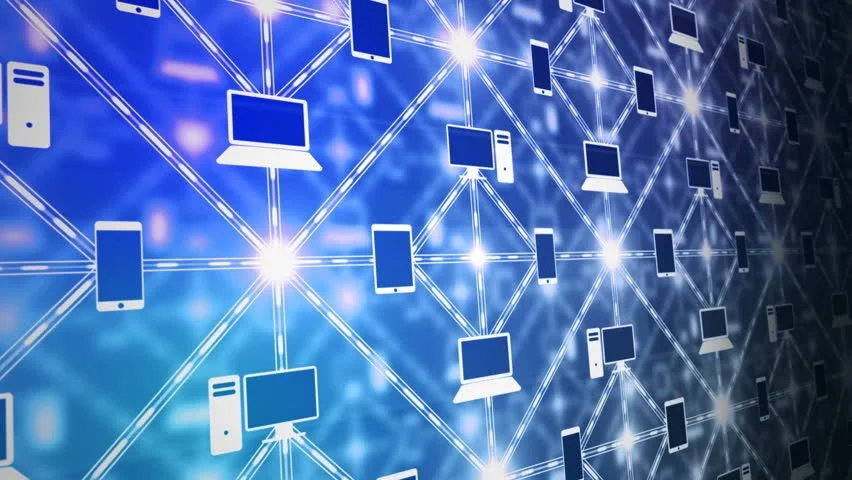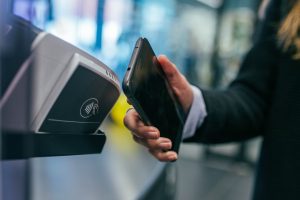Given that we live in a digital age, digital inclusion should be viewed as a human right. Yet the International Telecommunication Union (ITU) notes that only 63% of the world’s population is online – meaning that nearly 3 billion people do not have access to the internet. Migrant and refugee communities, in particular, live without internet connectivity.
This has implications of significant proportions. First, migrants and refugees worldwide will continue to be marginalised and will continue to live without access to education. Online learning is perhaps one of the only ways such communities can enjoy post-secondary education, and this can be easily achieved. Indeed, the Alliance for Affordable Internet estimates that the cost of universal connectivity by 2030 to the internet is $428 billion. Broader investments are therefore needed to increase access to the internet within the migrant and refugee communities.
Second, trillions of USD are lost in economic potential as a result of digital exclusion. Migrants and refugees are often perceived as the root of economic and social dislocation of the working and middle classes by populist governments. However, the skills and knowledge provided by them can in fact drive economic growth. If the private sector, governments and international institutions combine their ideas, resources and influence, one can only imagine the economic benefits of democratising internet access.
Digital inclusion thus requires a collective effort.
European Diplomats can help you establish government relations so your company can contribute to the democratisation of internet access for migrants and refugees. Any business committed to ensuring the proliferation of digital inclusion as a human right should get a fair opportunity to positively shape the future. Let us guide you through government.
References
Alliance for Affordable Internet. 2020. “$428 billion investment needed to connect all of humanity to the internet by 2030”.
Brookings Institute. 2020. “Refugees as assets not burdens: The role of policy”.
International Telecommunication Union. 2021. “Measuring digital development: Facts and figures 2021”.
MIT Refugee Action Hub. 2022. “The Migration Summit 2022 Report”.



